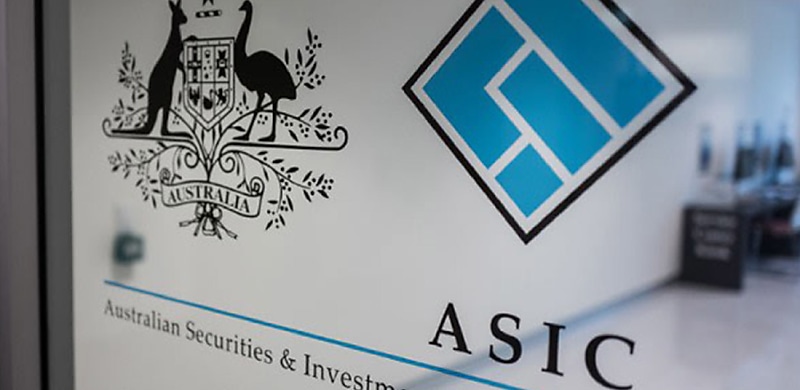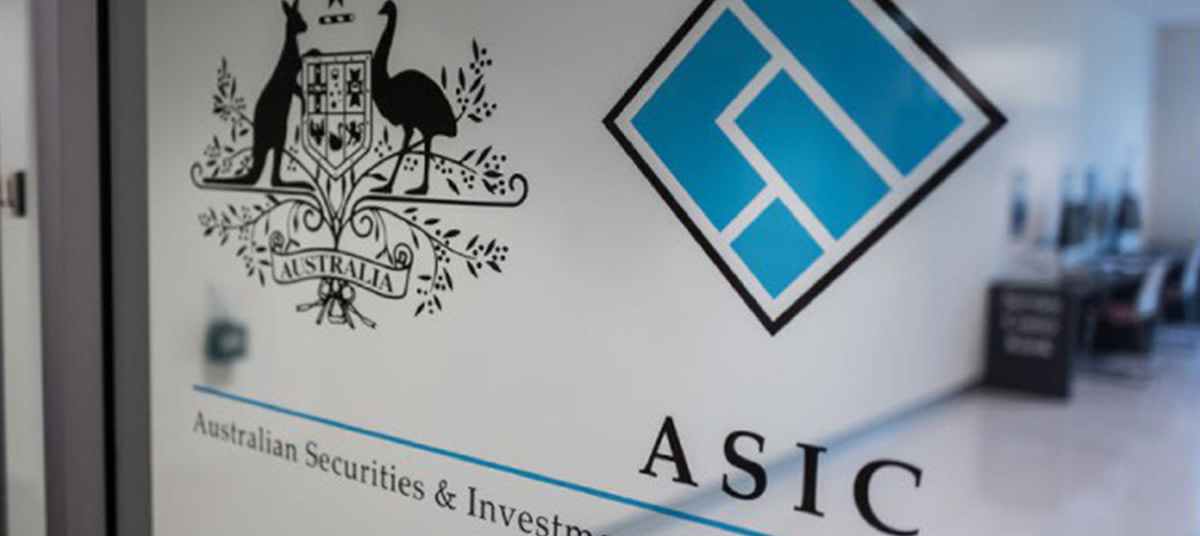
The regulator has begun issuing stop orders to private credit funds over concerns with their target market determinations, amid a larger review of the space.
The Australian Securities and Investments Commission (ASIC) has begun taking action against private credit funds, issuing interim stop orders against RELI Capital Mortgage Fund and La Trobe Australian Credit Fund products, citing deficiencies in their target market determinations (TMDs).
Under design and distribution obligations (DDO), financial product issuers must define target markets for each of their products appropriately, with sufficient granularity, having close regard to the risks and features of the relevant product. They also need to consider how their product will be distributed and have appropriate conditions in place to ensure the product is directed to the target market.
ASIC has today (19 September) issued a 21-day interim stop order against the RELI Capital Mortgage Fund, a registered managed investment scheme operated by RELI Capital Limited, after identifying multiple concerns with its TMD.
As at 31 December 2024, the fund had $50.9 million in net assets under management.
The regulator said the fund’s target market may inappropriately include investors intending to hold it as a “core component” (25–75 per cent) of their portfolio despite its risks.
It also flagged issues with the way the fund’s risk level was described, suggesting the risk level 3 [low to medium] was an incomplete measure of the fund’s risk, its claim of being suitable for investors seeking capital preservation, and the absence of distribution conditions to help ensure it was sold to the right investors.
The order prevents RELI Capital from dealing in interests giving a product disclosure statement for, or providing general financial product advice to, retail clients recommending an investment in the Fund during the 21-day period (unless revoked earlier).
ASIC has also issued interim stop orders against La Trobe Financial Asset Management’s 12 Month Term Account and 2 Year Account products within its $11.6 billion La Trobe Australian Credit Fund, again pointing to problems with the funds’ TMDs.
The regulator said it was concerned that the target markets for both products suggested “an inappropriate level of portfolio allocation” given the risks of the fund and failed to set adequate distribution conditions.
Like RELI, La Trobe Financial Asset Management is now unable to promote or provide advice to retail clients about these products for 21 days.
In a statement, La Trobe Financial commented: “We take our legal duties and relationship with our regulator with the utmost of seriousness. We will, of course, comply with the Interim Stop Order and pause the receipt of new investments into the 12 Month Term Account while we work to promptly address these issues.”
Since the DDO regime began, ASIC has made 95 interim stop orders and one final stop order.
“Where firms are not doing the right thing, ASIC can take quick action under DDO to disrupt poor conduct and prevent potential consumer harm,” the regulator said.
ASIC private credit crackdown
The stop orders come as ASIC wraps up its wider surveillance of retail private credit, which has focused on transparency, governance, valuation practices, conflicts of interest, and fair treatment of investors.
The crackdown comes as concerns grow about the size and practices of Australia’s fast-growing private credit market. While still making up a small portion of the market, private credit grew at just under 10 per cent in 2024, outpacing broader business lending by 2 percentage points, according to the Reserve Bank of Australia (RBA).
Australia’s private lending market has ballooned from $57.1 billion in 2014 to $148.6 billion in 2024, according to ASIC. It is now estimated to be around $200 billion.
When announcing the crackdown in February, ASIC warned that “failures are on the horizon” in Australia’s fast-growing private credit market, flagging concerns over weak oversight, limited transparency, and cross-border risks.
Its surveillance particularly focused on:
-
Corporate advisers – Governance arrangements; the management of conflicts of interest, staff, and insider trading; and the protection of confidential information.
-
Wholesale private equity and private credit funds – Governance; valuation practices; the management of conflicts of interest, staff and insider trading; the protection of confidential information; and fair treatment of investors.
-
Retail private credit funds – Governance, valuation practices, the management of conflicts of interest, disclosure, distribution of products, credit risk, and liquidity management.
-
Superannuation funds – Financial reporting and audits, encompassing valuation issues.
ASIC received a broad range of feedback as part of its review into private markets – including private credit – with respondents singling out a lack of transparency as an area of concern.
Some submissions called for clearer reporting on stressed loans, liquidity, fees, and charges to improve investor protections and oversight, while others warned that heavier regulation could deter investment and reduce competition in the market. There was also a view that the existing framework is already sufficient, highlighting a divide between those pushing for stronger oversight and those urging a lighter touch.
It is expected that the regulator’s findings will be issued before the end of the year, with an update expected imminently.
Concerns about private credit have been growing more broadly, with research from commercial property finance group Stamford Capital Debt Markets revealing that 69 per cent of lenders are worried about the sector, with banks (86 per cent) and even non-banks (60 per cent) voicing misgivings.
The 2025 Debt Capital Markets Survey, which canvassed 100 lenders (including major banks, non-banks, private lenders, and second-tier trading banks), highlighted issues, including “pushy practices, inexperienced operators and the sheer volume of players entering the market”.
Nearly half (49 per cent) of respondents called for greater oversight of non-bank lenders.
[Related: Private lending transparency under scrutiny in ASIC review]

